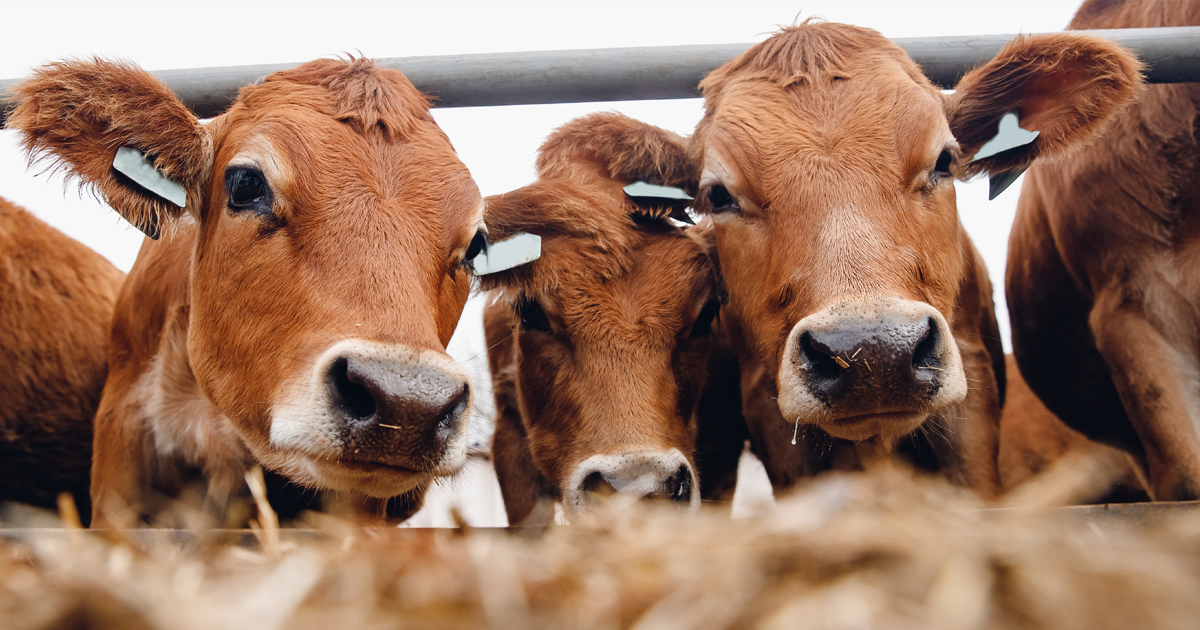ORC’s Team Leader Compliance Monitoring, Coastal, Mike Cummings, encourages any farmer who is uncertain about any consenting needs to get in touch with ORC staff as soon as possible (contacts below).
“With calving underway for dairy farmers, staff from ORC’s Compliance team will start heading out to farms as part of our annual dairy monitoring programme,” he says.
Otago has 481 dairy farms with the majority clustered around the Clutha and Waitaki districts, and most of the remainder on the Taieri Plains, Maniototo, the Manuherekia and Ida Valley and Hawea Flat areas.
These farms are monitored annually on a risk-based approach, with the focus on how to support the sector.
For the 2024-25 season the Compliance team completed 244 dairy inspections, with some farms being visited more than once.
“Farmers have been doing some great work over the years, which our dairy monitoring programme shows but it is important that we carry on with this great work together,” Mr Cummings says.
This year the team will again be checking compliance with dairy effluent storage and application to land, and how silage, farm rubbish and offal is managed, he says.
“The team will also be looking at where water is sourced from and how it is used on farm.”
This is an education focused programme, but as with any activities, where needed appropriate compliance action is considered. The programme has been run successfully for several years, with staff taking the chance to talk to farmers about a range of topics, he says.
Staff will also be engaging with farmers on topics which are farm specific from clearing drains and putting crossings across streams and how best to become compliant with rules.
“The dairy programme gives us a great opportunity to continue to work with the dairy sector and have good conversations about their on-farm activities,” Mr Cummings says.
Under rules introduced to the Water Plan by Plan Change 8 in 2022, dairy farms need to meet permitted criteria or have a resource consent for applying dairy effluent to land or storage in place, or applied for by 4 December 2025.
“Many farms have their applications in, or consents in place already but we are encouraging those who are yet to get their application in to contact our consents team, catchment advisor or join one of our upcoming dairy events over the next few months.” Mr Cummings sys.
How ORC staff can help people complying with the rules:
- Help with interpreting the rules specific to a farm’s activities. Not all farms have the same infrastructure or are working in the same environments so their systems and the rules that apply specifically to them may not apply to other farms in the region.
- Assess compliance with the rules and provide advice on what needs to be improved to meet the rules.
- Make sure our farmers are getting good information which is relevant to what they are working to improve.
- Help with talking through the consent process.
Contacting compliance for on-site advice about the rules and complying with consents:
- Providing surety about how the rules apply to a particular farm.
- Assessing compliance with the rules
- Documenting the compliance
- Explaining what rules apply and when they have to be met.
- If the rules aren’t being met, the Compliance team can work with farmers about the steps that need to be taken and when it is reasonable to be compliant by.
- The Compliance Plan is for the team to use education and support to help people comply with the rules.
Contact Council’s Compliance Team for on-site advice about the rules
Council’s Compliance Team can:
- Provide surety about how the rules apply to a particular farm.
- Assessing compliance with the rules
- Documenting the compliance
- Explain what rules apply and when they have to be met.
- If the rules aren’t being met, the Compliance team can work with farmers about the steps that need to be taken and when it is reasonable to be compliant by.
- The Compliance Plan is for the team to use education and support to help people comply with the rules.

